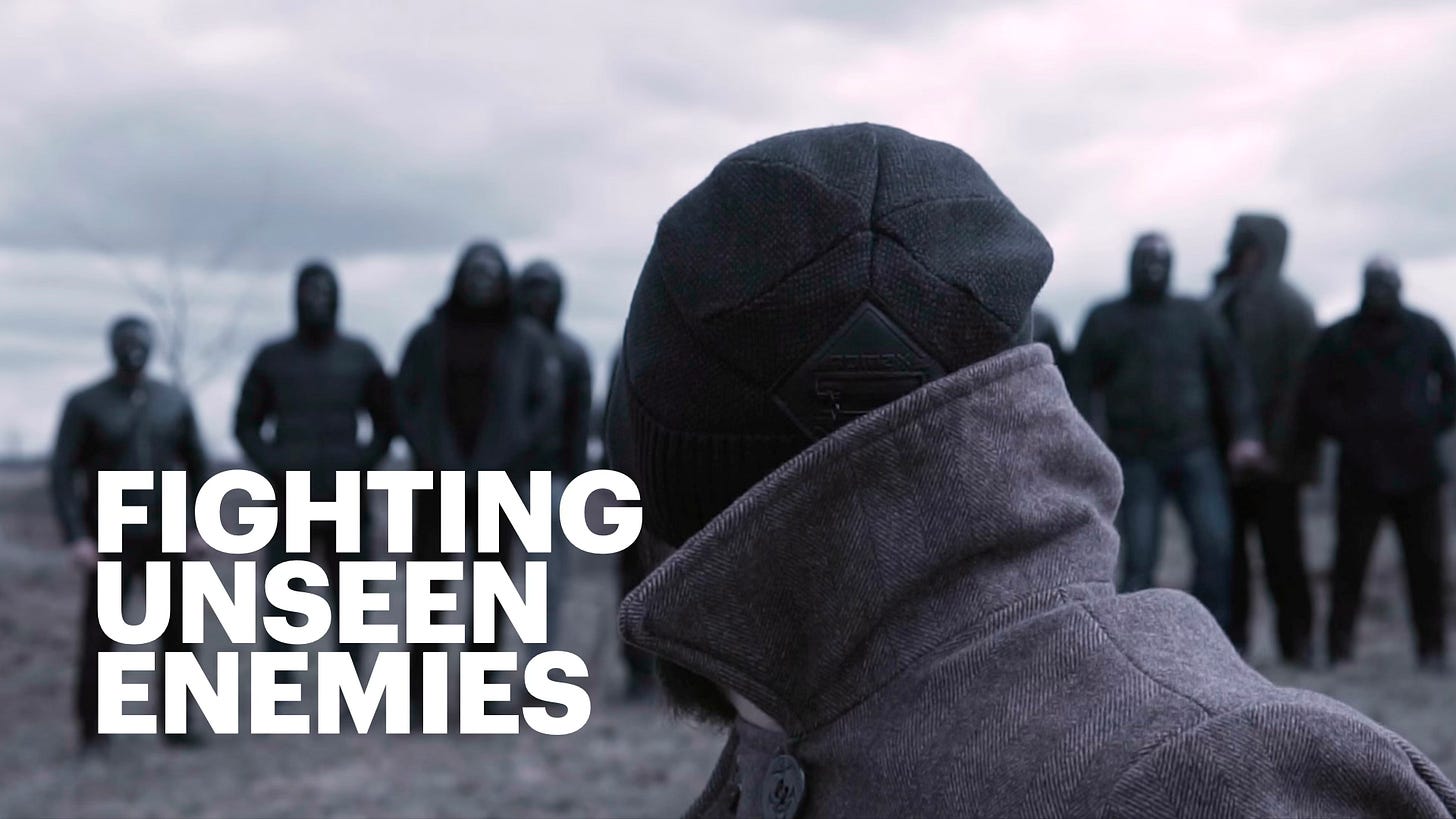Rethinking Military Operations in the Grey Zone
Why we need a commonsense legal and diplomatic revolution to stop terrorist organisations, NGOs, and human rights lawyers degrading national security.
Western democracies, bound by a web of international treaties, often find themselves hamstrung in effectively responding to today’s complex threats.
Furthermore, soldiers face complex legal impositions on current operations and relentless investigations and prosecutions decades after their service that undermines morale and operational effectiveness.
This is thanks mostly to the "Grey (conflict) Zone” in international relations, which has gained significant attention in recent years.
The Grey Zone is defined as that space between peace and war where state and non-state actors engage in competitive interactions that fall below the threshold of traditional armed conflict.
From cyber warfare and economic coercion to proxy wars and disinformation campaign, the Grey Zone trades in ambiguity, opacity, and uncertainty regarding the nature of the conflict and the parties involved.
The upshot being terrorist organisations, pressure groups, NGOs, and human rights lawyers exploit legal and political ambiguities to challenge national security.
International Law as a Constraint
International law, in its current form, is a double-edged sword. While it aims to regulate conflict and promote stability, it is increasingly weaponised by left-leaning legal activists and international institutions to restrict the sovereign rights of nations to defend themselves.
What should be a tool for order is instead a mechanism that limits national governments from taking decisive action against adversaries operating in the grey zone.
The crux of the issue lies in the interpretation of treaties by activist judges who prioritise globalist legal precedents over national sovereignty. These treaties, often outdated and ill-suited for modern threats, serve as a legal straitjacket, preventing governments from executing their primary duty: safeguarding their populations.
A New Framework
To counteract these constraints, Western democracies must pursue an alternative legal and diplomatic path that restores national primacy in defence matters. The solution? A transatlantic diplomatic alliance—an extension of the NATO framework, focused on rewriting the legal framework that governs military engagement in the Grey Zone.
The key features of this framework include:
Superseding Existing Treaties: A new treaty agreement between like-minded nations that effectively overrides outdated and restrictive international treaties. This would act as a "guillotine motion”, ensuring that legal responsibility for security operations resides at the national government level, not judges’ interpretations of international law that creates obstacles hindering necessary defensive measures.
Legal Clarity for Security Operations: Establishing legal clarity for military and intelligence operations in the Grey Zone, preventing international courts from interfering in national defence strategies. Legal standards for the conduct of operations must reside at the national level.
National Primacy in Security Matters: Every treaty—existing or future—must include a clause affirming that national governments have the final say in all security and defence matters, overriding any external judicial review.
Institutional Support for Grey Zone Operations: Developing specialised legal and military task forces within this new alliance to provide rapid responses to hybrid threats without being shackled by outdated legal interpretations.
Naturally, the European Left and UK-based activists will resist such changes, decrying them as threats to "international rules based order”. However, the political reality is shifting. Populations — and many politicians — across Western democracies are growing increasingly frustrated with bureaucratic obstacles that prevent effective national defence. A common-sense approach to safeguarding sovereignty will prove hugely popular with voters and political leaders alike.
The global order is changing, the threats are becoming more sophisticated and legal frameworks must evolve accordingly. The bureaucratic — and financially lucrative for those lawyers involved — inertia of international law cannot be allowed to dictate national security priorities. By forging ahead with a new legal and diplomatic approach, Western democracies can reclaim their ability to defend themselves effectively in the Grey Zone.
The Path Forward
The time for action is now. Either existing treaties must be amended to restore national security primacy, or a new legal architecture must be constructed that renders obsolete the constraints of the past.
The choice is clear: adapt and defend, or remain bound by outdated legal constraints while adversaries exploit our inability to function effectively. The future of Western security depends on bold, decisive leadership willing to challenge the status quo and bring in a new era of strategic autonomy.


